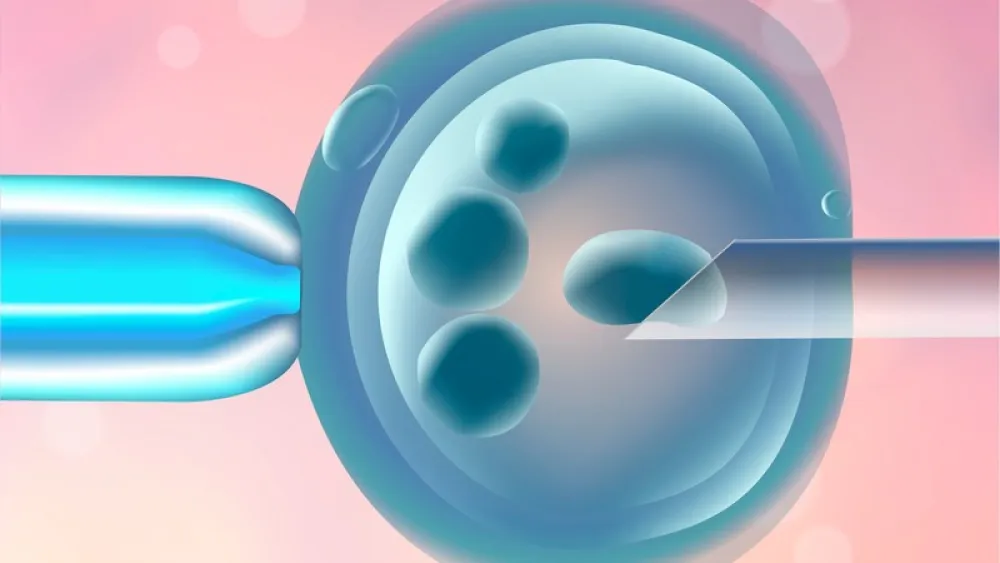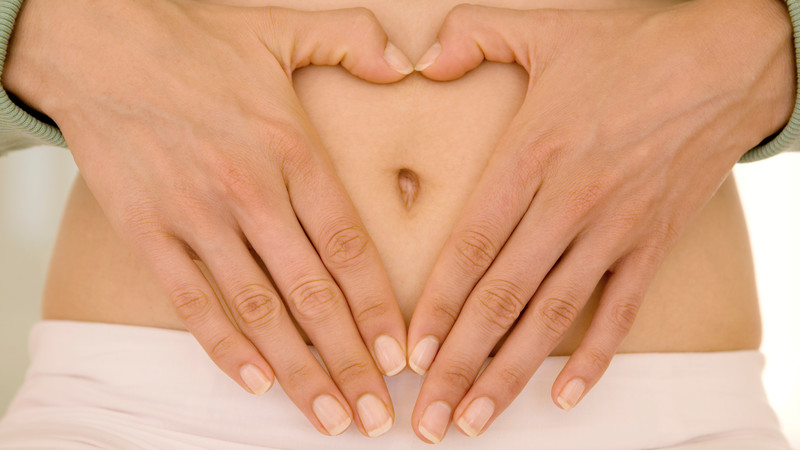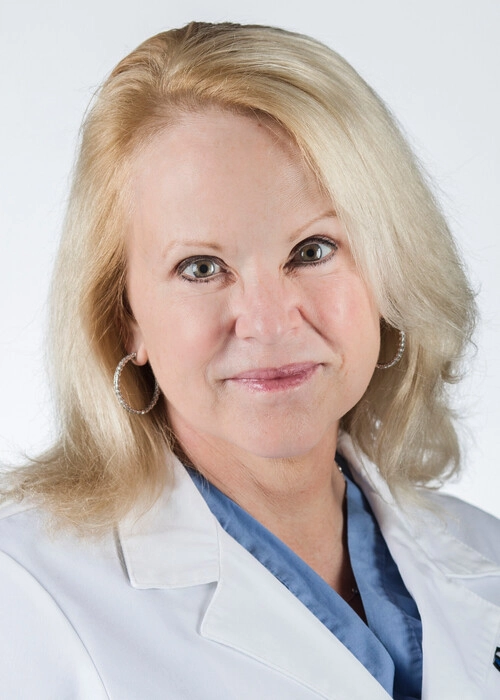Women's Health
The Pros and Cons of Becoming an Egg Donor
Published: April 7, 2025

Infertility can be devastating for couples who have long dreamed of building a family of their own. Despite a handful of treatment options available, donor eggs are sometimes needed for women with diminished egg number or quality. Donor eggs are also used by same-sex male couples who wish to start a family.
Egg donations occur through a clinic or agency. At Methodist, we take pride in backing up the services and products we provide patients. Should an issue arise with the donor – which then impacts the quality of her eggs – another donor or “backup” would be identified for the patient. In other words, couples are never out the investment they make at Methodist.
In special cases, donor eggs may come from someone the hopeful couple knows, like a sister, relative or friend. That arrangement would lighten the financial burden for the couple and answer any unknowns about who their donation is coming from. Usually, egg donation is from an anonymous donor. The only details couples are typically given about their donors are features like height, hair and eye color, ethnicity or skin color, educational background, and personality.
With so many women in need of quality eggs, there is a wait list for donor eggs. It’s not uncommon for a couple to wait six to 12 months for a donation. While the demand is great, the donation process is nothing to take lightly. There are benefits to becoming an egg donor, but there are also factors that may give you some pause.
The Egg Donation Process
Before becoming an egg donor, you are required to undergo a rigorous screening process. At Methodist, we begin with a phone interview. If we want to find out more about you, we’ll ask you to come in for a face-to-face interview.
Requirements of an egg donor typically include:
- Approximately 30 years old or younger
- A nonsmoker
- In good health
- Exercising no more than three hours a week
- Responsible and trustworthy (showing up for appointments and taking medication as prescribed)
If you are selected to begin the process, you’ll likely need to take an oral contraceptive for a few weeks so your cycle can be controlled and aligned with the intended parent. Shortly after discontinuing birth control, you’ll begin fertility drug injections. These medications are meant to stimulate your ovaries so you produce several eggs at once.
You’ll continue with the injections for approximately 10 days. During this period, you should refrain from unprotected sex. You will be very fertile, and you’ll have a chance of becoming pregnant.
On the day of egg retrieval, you can expect to be put under with anesthesia as your medical team harvests your eggs. The actual retrieval process takes roughly 10 to 15 minutes.
Recovery is a relatively quick process, with most women returning to work the following day. You can expect a full recovery and resume all normal activities within a few weeks.
While some women may experience cramping, bloating and other symptoms typically associated with PMS, many women experience little to no side effects of egg donation at all.
The Pros
The gift of a family
If you have children of your own, you’re likely familiar with the kind of love, pride and joy that each of them bring to your life.
What a gift to be able to share that with another couple who has felt the pain and suffering of not being able to conceive on their own.
Your decision to donate can provide hope and life. It can build a family and make dreams come true.
Compensation
As an egg donor, you can be compensated thousands of dollars per cycle. If it’s your first donation, you will be paid $5,000 for your time and commitment. If everything goes well, and you choose to go through the process again, you will receive $7,000 per donation – up to six throughout your life.
It costs nothing to donate, and you’ll have no financial obligation for any baby that is created with the help of your donation.
The Cons
Complications
As is the case with any procedure, you do run the risk of experiencing complications. Antibiotics are used to help minimize the risk for infection.
In rare cases, some women may experience ovarian hyperstimulation syndrome (OHSS), which happens when the patient over-responds to the fertility drugs, causing swollen and painful ovaries.
You also run the risk of twisting your ovaries with strenuous activity. Surgery is needed to correct what is known as ovarian torsion, but this can be prevented by refraining from exercise.
Long-Term Effects
It’s natural to have some level of curiosity about the long-term health effects tied to egg donation.
At Methodist, your health and well-being is our top priority. We go to great lengths to ensure that you’re not only well-informed before making this decision, but also healthy enough.
Two of the most common questions potential egg donors often have are:
- Does egg donation cause cancer?
- Will it make me infertile?
While there are reports in which some former egg donors blame the fertility drugs they were once on for cancer diagnoses, studies have shown that there is no significant risk of female cancers with the use of such medication.
And while I have treated former egg donors for infertility, some studies suggest egg donation does not cause infertility.
A Lengthy Process
The entire egg donation process can take one to two months. You may need to factor in time for:
- Screenings
- Evaluations
- Being matched with intended parents
- The medication cycle
- Various monitoring appointments
- Recovery
It’s important to think about your current lifestyle and daily schedule before committing to what can be a lengthy and somewhat exhaustive process.
An Important Decision
If you think you’re ready to donate your eggs, there are a few more things you’ll want to consider – specifically with your emotions and mindset.
You must be OK with giving up your eggs and not feeling an attachment to them. You must be comfortable with the thought of never getting to meet the child your eggs helped create. Again, while the need is great, egg donation is simply not for everyone.

If, however, you’re intrigued by the thought of helping others in this way and getting paid for it, it’s certainly worth a conversation, and we’d love to hear from you. Contact Reproductive Health Specialists at Methodist Women’s Hospital today.
More Resources
- Learn about all the services offered through Reproductive Health Specialists at Methodist Women's Hospital
- Learn how to enhance your natural fertility
- Learn how genetic testing improves IVF success
- Read one couple’s success story with in vitro fertilization


